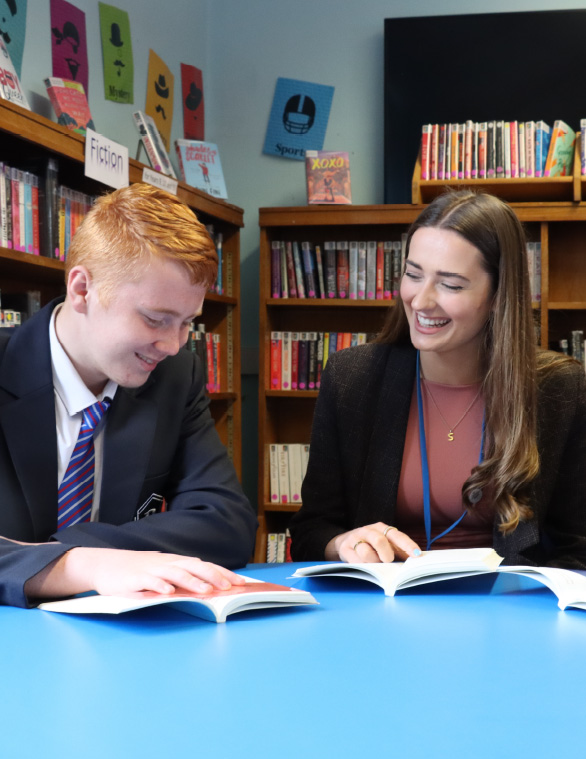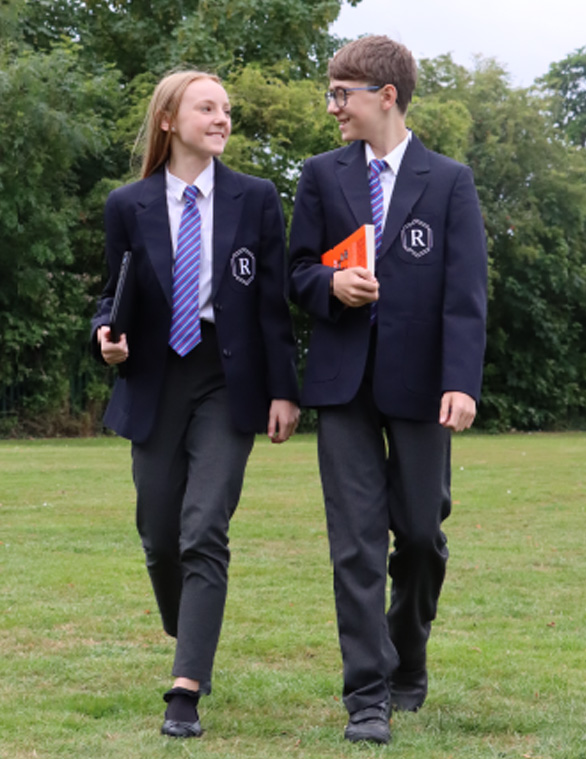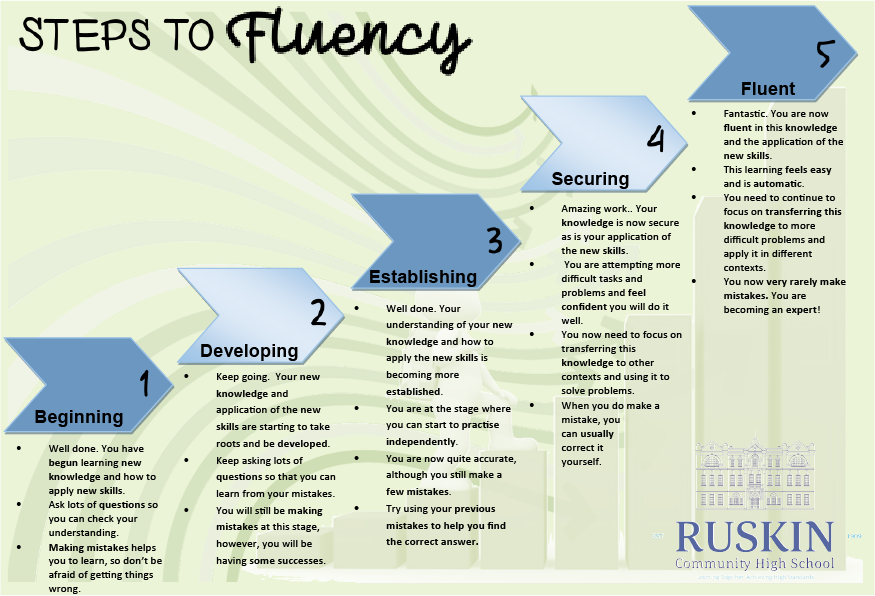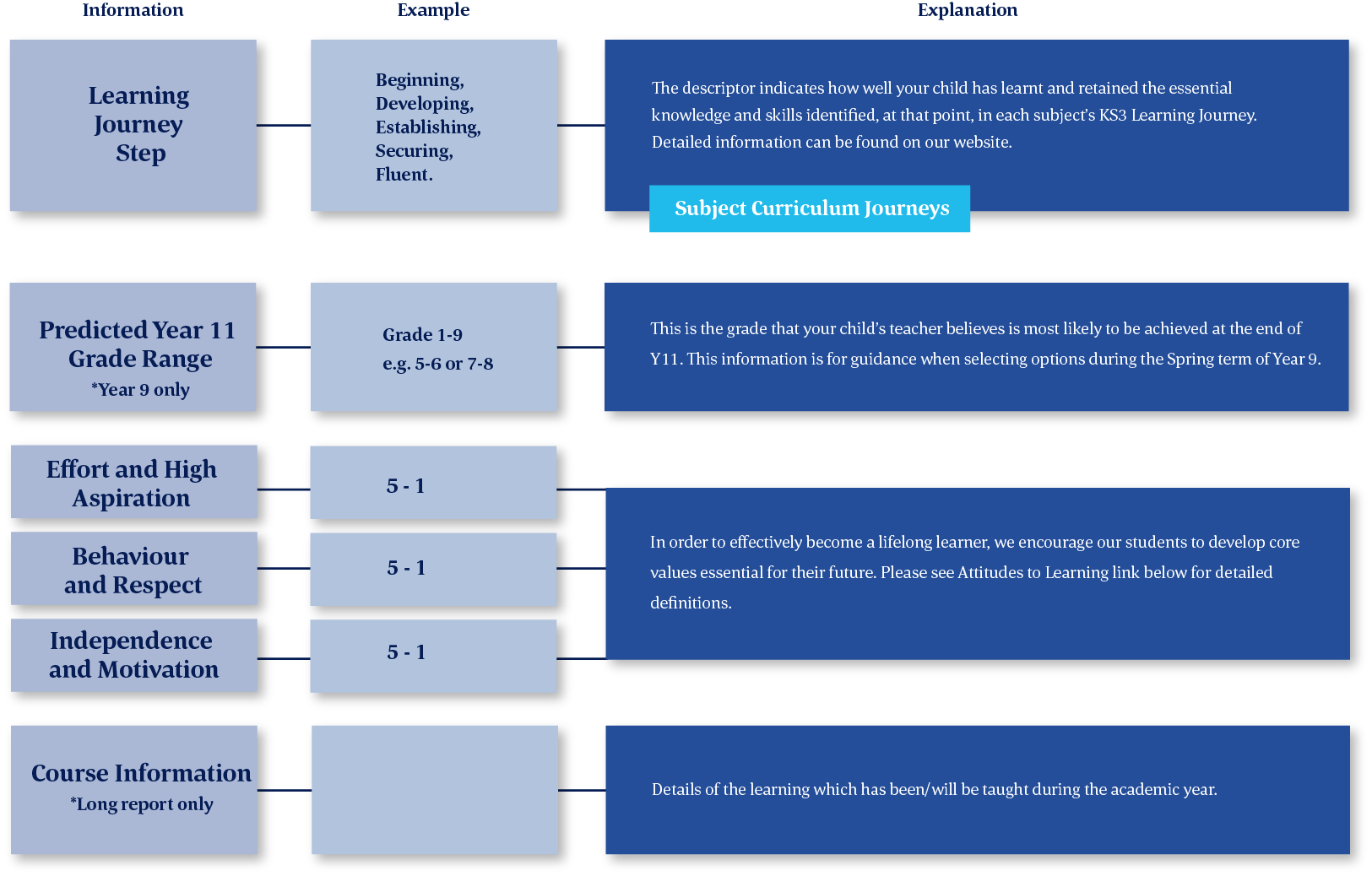Why do we aspire for our students to aim for fluency?
Knowledge and skills that are fluent will take minimal effort to recall, in fact they will feel easy. Students will feel confident in their ability to apply their skills and knowledge accurately and effectively. They will also be successful in applying this knowledge or skill to future learning.
At Ruskin Community High School, we believe that all children can build fluency in their knowledge and skills, and it is our job to ensure that they do.
Regardless of social background or prior achievement, all the children we teach are capable of mastering knowledge and skills through having high aspirations, developing resilience and self-motivation, and by gaining confidence through practice.
How do we assess our students’ journey to fluency?
We assess our students’ journey to fluency against the essential knowledge and skills identified in our Curriculum Journeys.
Through using different forms of assessment in the classroom, teachers will decide which point of our 5-step journey students have achieved. Such assessments may take the form of retrieval quizzes, extended written tasks, end-of-topic tests or end-of-year examinations.
For some students, their bodies of knowledge and skills will be much wider and deeper than others, but our aim is that all our students have a fluent body of knowledge and skills – even if, for a small number of students, this is relatively small.
Our KS3 Learning Journey
to Fluency is underpinned by our 3 core values of:
Respect
Through our Learning Journey to Fluency, our aim is that students demonstrate high levels of self-respect and understand their own strengths and areas for development.
High Aspirations
By encouraging students to aim for fluency, we want students to be ambitious and aspire to be the best that they can be.
Confidence
By having clear steps to fluency, we want to ensure that our students are confident about the knowledge and skills that they learn, and what they need to do to progress and be successful.
The Ruskin Steps to Fluency
1
Beginning
You are beginning
your journey
to fluency
What is going well?
Well done. You have begun learning new knowledge and how to apply new skills.
This is the most difficult stage of learning. Ask lots of questions so you can check your understanding.
What might feel difficult?
This new learning will feel difficult.
You may not feel very successful at this step, but don’t give up. It will get easier.
How accurate will you be?
You will make lots of mistakes at the beginning.
Making mistakes helps you to learn, so don’t be afraid of getting things wrong.
How much will you remember?
You will forget things quickly… this is completely normal.
You will need a lot of prompting from your teacher.
How should you practise at this step?
Your teacher will show you what to do and how to do it.
When practising you will have lots of guidance to support you.
2
Developing
You are developing
your journey
to fluency
3
Establishing
You are establishing
your journey
to fluency
How should you practise at this step?
You will be doing guided practice with your teacher.
How much will you remember?
You might feel like you have never learnt this before.
You will still need prompting to remember.
Your teacher will give you clues and refer to previous learning during the retrieval task.
How accurate will you be?
You will still be making mistakes at this stage; however, you will be having some successes.
What might feel difficult?
Learning will still take a lot
of effort and feel tricky.
You won’t be as successful
as you want to be yet. You are building resilience through not giving up.
What is going well?
Keep going. Your new knowledge and application of the new skills are starting to take roots and be developed.
Keep asking lots of questions so that you can learn from your mistakes.
Your peers and teachers will be able to support you.
What is going well?
Well done. Your understanding of your new knowledge and how to apply the skills is becoming more established.
You are at the stage where you can start to practise independently.
What might feel difficult?
You know this knowledge quite securely, but you still find it hard to apply it to other contexts or to use it to solve problems.
How accurate will you be?
You are now quite accurate, although you still make a few mistakes.
Try using your previous mistakes to help you find the correct answer.
How much will you remember?
You should be getting better at remembering this knowledge without needing the teacher to prompt you.
You will need to think hard to be successful.
Introduction to Constructions
You can now practise independently.
You can attempt problems without close support.
4
Securing
You are securing
your journey
to fluency
What is going well?
Amazing work. Your knowledge is now secure as is your application of the new skills.
You are attempting more difficult tasks and problems and feel confident you will do it well.
What might feel difficult?
You now need to focus on transferring this knowledge to other contexts and using it to solve problems.
What might feel difficult?
You need to continue to focus on transferring this knowledge to more difficult problems and apply it in different contexts.
What is going well?
Fantastic! You are now fluent in this knowledge and the application of the new skills.
This learning feels easy and is automatic.
5
Fluent
How should you practise at this step?
You should be practising independently.
You have the confidence to attempt to use your skills/knowledge in new situations.
How much will you remember?
You can recall knowledge independently but still need some think time.
You now need to revisit, revise and practise to build fluency.
How accurate will you be?
You can apply this knowledge accurately and make few mistakes.
When you do make a mistake, you can usually correct it yourself.
How accurate will you be?
You now very rarely make mistakes. You are becoming an expert!
How much will you remember?
You can recall this knowledge independently with ease and speed.
You do need a retrieval practice plan as if you don’t, use it you’ll lose it!
How should you practise at this step?
You should be focussed on automaticity, speed and accuracy.
You Are Now Fluent
Congratulations!
How often will we report progress to parents?


Where you have wider concerns regarding your child’s academic progress or their attitudes to learning, please contact either their Form Tutor, or their Year Achievement Manager.
Year 7
Mr Ledwards
Year 8
Mr Gregory
Year 9
Mr Hartley
Attitudes to Learning
Through the following focus points, we break down five attitudes to learning for each. To see the explanation click the numbered blocks.





